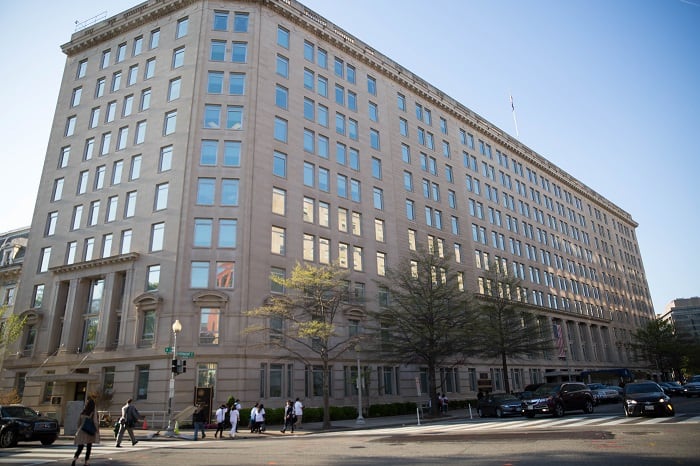Recent reports that the U.S. is reviewing its support to Kurdish fighters in Syria has sent shockwaves through the region. While President Trump’s decision to arm the Kurds has been viewed as controversial in Ankara, it is within the America’s strategic interest to continue to support the ragtag group of Kurdish militants.
The U.S. has been supplying the Syrian Arab Coalition, a group of Arab fighters within the Kurdish-led Syrian Democratic Forces, with weapons and equipment for some time. In May, U.S. military officials announced they had begun arming Kurdish militias in the SDF, as well as the Kurdish People’s Protection Units, or YPG, in preparation for the battle to retake Raqqa from the Islamic State.
Turkey considers the Kurdish militias, especially the YPG, to be terrorists, citing links to the Kurdistan Workers’ Party, a group known to have launched deadly attacks in Turkey for more than a decade. Yet, U.S. military officials, intent on defeating ISIS, backed the Kurdish fighters over Ankara’s concerns. That decision has paid dividends at the cost of America’s relationship with its NATO ally.
Armed with U.S. Humvees, machine guns, mortars and other equipment, and backed by U.S. air and artillery power, SDF fighters liberated Raqqa in just over four months — an impressive feat when compared to the nine months it took Iraqi forces, armed with far more sophisticated U.S. weaponry, to liberate Mosul. SDF fighters continue to advance toward Deir Ezzor, where they have taken strategic oilfields that once financed ISIS operations.
The relationships built on the battlefields between U.S. and Kurdish forces, coupled with the stated U.S. goals in Syria, suggest that U.S. support for the SDF should not end abruptly.
U.S. officials, including Presidential Special Envoy Brett McGurk, have routinely called America’s relationship with the Syrian Kurds transactional, a relationship understood by SDF’s leadership.
Despite the rhetoric, which is aimed at alleviating tensions with Turkey and other regional powers opposed to Kurdish statehood, political realities on the ground indicate that northern Syria is vital to cementing any long-lasting peace in region.
The U.S. presence in northern Syria is greater than one might expect in a region whose military forces are about to lose U.S. support, meaning America’s investment in its Kurdish allies may continue long after ISIS has been eradicated. And U.S. military officials have provided no indication that their forces will be drawing down in the region anytime soon. Moreover, a new U.S. shipment of Humvees was seen crossing the border from Iraq to northern Syria within the past week, showing that despite the word play between Ankara and Washington, support to the Kurds continues.
Local military and civilian leaders see U.S. involvement as a deterrent against external threats, and a premature U.S. withdrawal as potential abandonment. This perception exists despite the U.S. alliance with Turkey. American policymakers should consider it carefully as they decide whether and how to support the SDF and YPG going forward.
It is here that the U.S. must make a military and political choice about the future it wants for the region. Erdogan’s Turkey has enabled the Islamic State and al-Qaida through its foreign policy, while cracking down on dissent and escalating its war against the Kurdish southeast within its own borders. These moves, intended to consolidate power at home, have done little for regional stability. Turkey has also recently purchased the S-400 anti-aircraft missile system from Russia, signaling a military pivot from the U.S.
The YPG, meanwhile, has been described as the most effective fighting force against ISIS by many top U.S. military officials, and the territory it has taken is governed by localized democratic institutions. In a region where stopping the spread of groups like ISIS and stabilizing former conflict zones are key security priorities for regional and outside powers, providing military and political support for Kurdish federalized autonomy in northern Syria is an effective strategic choice. It also provides Syrians disenfranchised by the Assad regime and the civil war with a safe place to call home, and a means for the U.S. to deny it has conceded to Iran, whose influence stretches from Tehran to Beirut and beyond.
Winding down military support for the YPG, even as the Kurds work to be included in the next round of Geneva talks, signals a shift back toward the U.S.-Turkey alliance at a crucial time for northern Syria — a move that U.S. policymakers will come to regret.
Meghan Bodette is the director of outreach at Kurdistan Aid and a board member at the North American Kurdish Alliance. She studies international relations at Georgetown University and can be reached on Twitter at @mjb.




